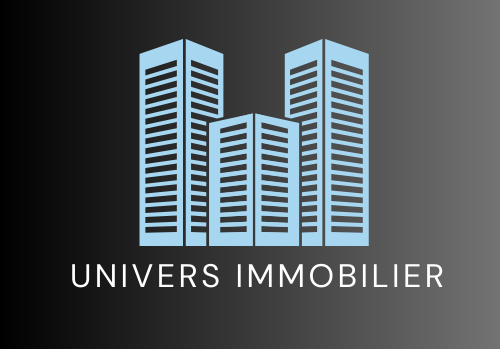Owning rental properties is a popular way to generate passive income and build long-term wealth. However, maximizing your profits requires more than just collecting rent from your tenants. To truly succeed in the real estate business, it’s crucial to reduce your property expenses and capitalize on every possible tax deduction. In this article, we’ll guide you through the necessary steps to minimize costs, optimize your tax benefits, and ultimately increase the profitability of your rental properties.
Effective Property Management Strategies
One of the most significant factors in the profitability of your rental properties is effective property management. Efficient management not only helps you reduce costs, but it also helps to maintain or even increase the value of your properties. Here are some key strategies to implement for successful property management:
Timely Maintenance and Repairs
Regular maintenance and prompt repairs will not only keep your tenants happy but also prevent more significant issues from developing. Staying on top of maintenance tasks such as inspecting roofs, cleaning gutters, and servicing HVAC systems can save you money in the long run by avoiding more costly repairs. Additionally, these expenses are tax deductible, so be sure to keep track of them for your income tax return.
Tenant Screening and Retention
Attracting and retaining reliable tenants is essential to maintaining a steady rental income. Thorough tenant screening can help you prevent costly evictions, lost rent, and property damage. Offer incentives to encourage long-term leases, such as a rent discount or a free month for renewing the contract. Maintaining a positive relationship with your tenants and addressing their concerns promptly can also help to reduce tenant turnover rates.
Efficient Property Management Software
Investing in property management software can streamline your management tasks and ultimately save you time and money. These software programs can aid in various aspects of managing your rental properties, from tracking expenses and income to scheduling maintenance and managing communication with tenants.
Maximizing Tax Deductions for Rental Properties
As a rental property owner, you can benefit from numerous tax deductions to reduce your taxable income. Understanding these deductions and taking advantage of them can significantly increase your profits. Let’s explore the most common tax deductions available for rental property owners:
Mortgage Interest and Property Taxes
Mortgage interest and property taxes are two major deductible expenses for rental property owners. If you have a mortgage on your rental property, the interest paid on the loan is deductible. Also, property taxes paid to state and local governments can be deducted as a business expense.
Depreciation
The IRS allows rental property owners to deduct the cost of their property’s structure over a period of 27.5 years. This depreciation expense can be a significant tax deduction, reducing your taxable income each year. Remember, however, that depreciation recapture may apply when you sell the property, which could result in additional tax liability.
Operating Expenses
The day-to-day expenses of managing and maintaining your rental properties are tax deductible. Some common operating expenses include advertising, insurance, utilities, maintenance and repairs, property management fees, and travel expenses related to property management. Be sure to keep detailed records of all these costs to claim them on your tax return.
Capital Expenses
Capital expenses are improvements or additions to your rental property that increase its value or extend its useful life. These expenses are not immediately deductible but can be depreciated over time. Examples of capital expenses include a new roof, a room addition, or a new HVAC system. Consult with a tax professional to determine the correct depreciation schedule for these expenses.
Financial Planning for Rental Property Owners
Planning your finances is crucial for rental property owners to maximize profits and minimize expenses. Here are some essential financial planning tips to consider:
Create a Budget
Establishing a budget for each property allows you to track income and expenses, making it easier to identify areas where you can cut costs or increase revenue. Include all your fixed and variable expenses, such as mortgage payments, insurance, property taxes, maintenance, and management fees.
Build an Emergency Fund
Unexpected expenses can arise at any time, and having an emergency fund ensures that you’re prepared to handle these situations without incurring debt. Aim to save at least three to six months’ worth of expenses for each rental property.
Monitor Loan Options
Keep an eye on interest rates and changing loan terms. Refinancing your mortgage at a lower interest rate can potentially save you thousands of dollars over the life of the loan and reduce your monthly mortgage payment.
Consult with Professionals
Seeking advice from professionals, such as tax advisors, financial planners, and real estate attorneys, can help you navigate the complexities of rental property ownership and ensure you’re making informed decisions.
In conclusion, reducing rental property expenses and maximizing profits requires a combination of effective property management, strategic tax planning, and efficient financial planning. By implementing these strategies, you can ensure the long-term success and profitability of your rental properties. Stay vigilant, continue to educate yourself, and consult with professionals to stay ahead in the competitive real estate market.






